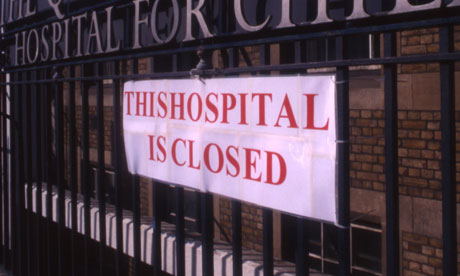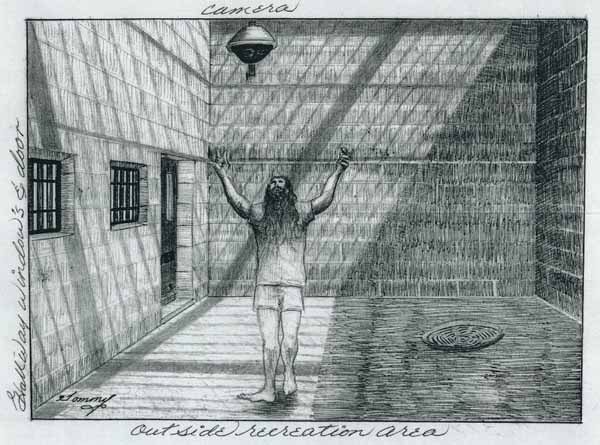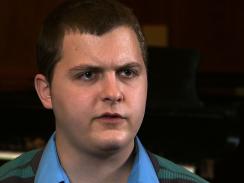
How do other countries handle civil commitments to mental hospitals?
Forcing someone into treatment against his/her wishes is not only controversial in our country, but in others too. In the U.S., each state establishes its own specific criteria, but all states require someone to be a danger to themselves or others before he/she can be forced into a hospital. [Several have adopted looser language, such as “gravely disabled” or “unable to care for self” to their criteria, but dangerousness remains the key criteria.]
I was surprised recently when I discovered that our focus on dangerousness is out-of-step with the rest of the world. Most other countries rely on what is called a “need for treatment” standard.
Only one nation has more stringent rules than we do. That country is Germany and, I assume, the reason it has established so many hurdles in its civil commitment process is because of abuses in its NAZI era past.
Our checkered past also is at the root of why we adopted “dangerous” behavior as our threshold. Before the 1970s, it was much to easy to force someone into a mental hospital and commitments were often de facto life sentences.



 Reporter Ben Finley, writing in the
Reporter Ben Finley, writing in the 



